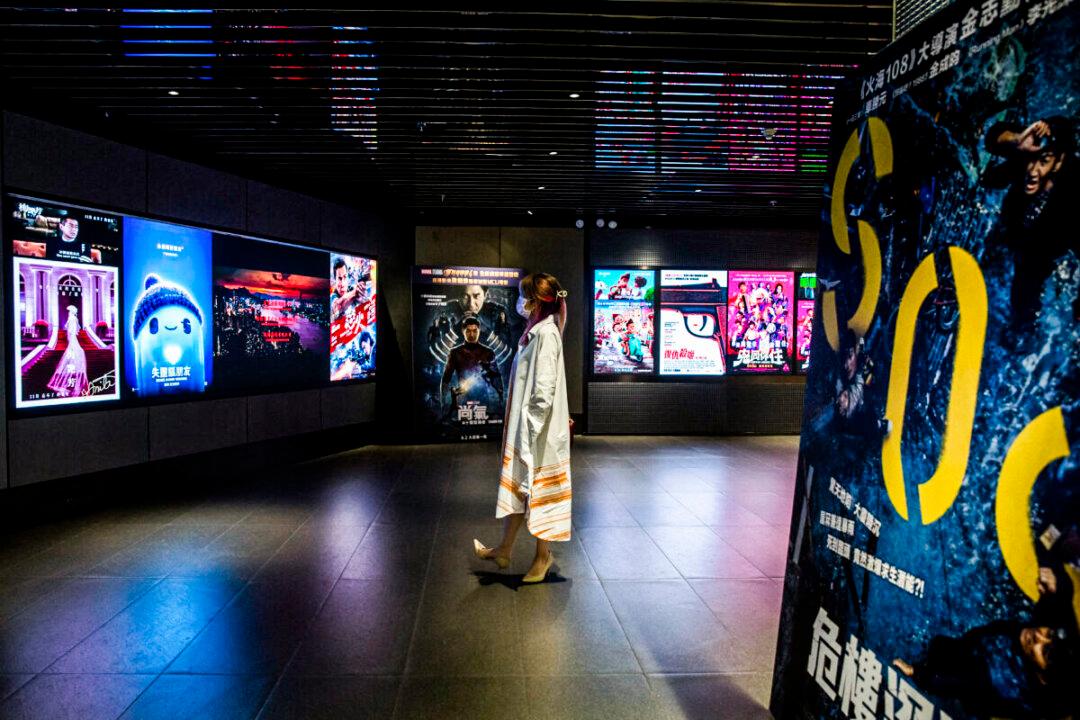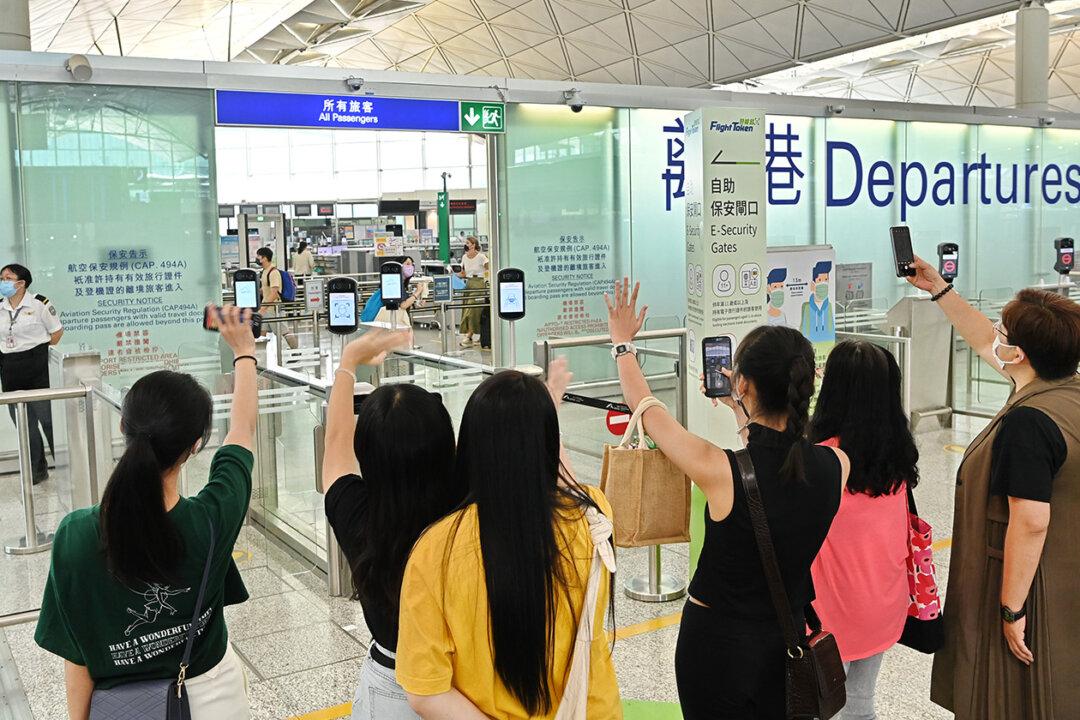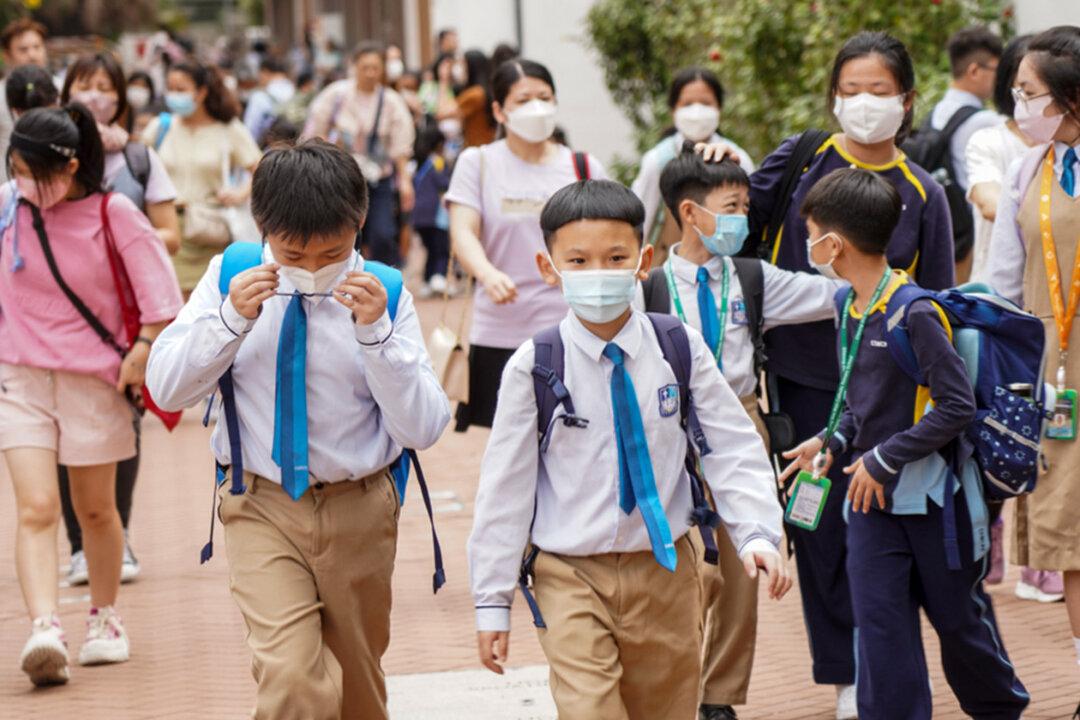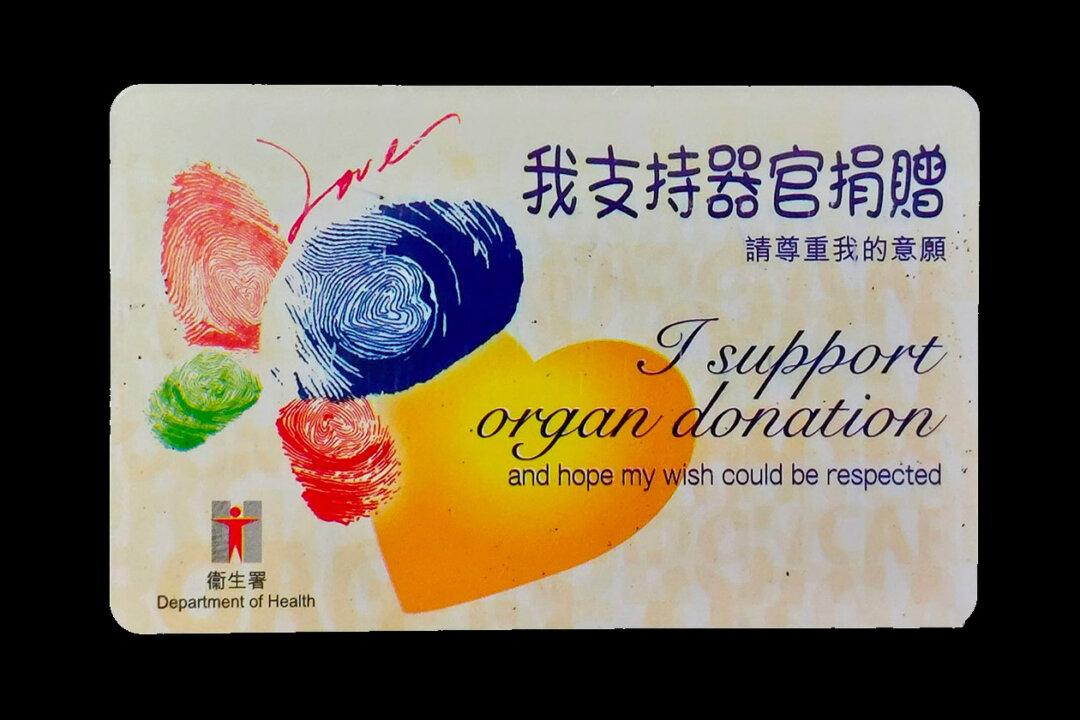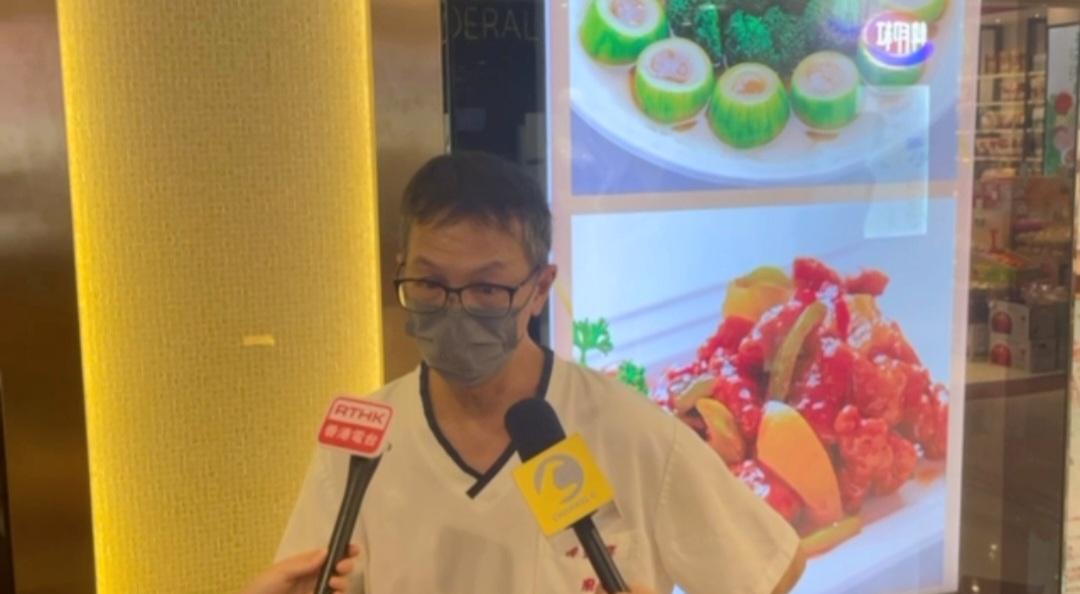Two shortlisted entries for the 28th ifva Independent Short Film and Video Media Festival have withdrawn after failing to pass the inspection and screening requirements. Critics have pointed the implementation of the national security law, resulting in films self-censoring to varying degrees and audience members suffering the loss.
The two films involved are “Elephant in Castle,” a 2D short cartoon production from the animation category, and “Lost a part of ” from the open category.
